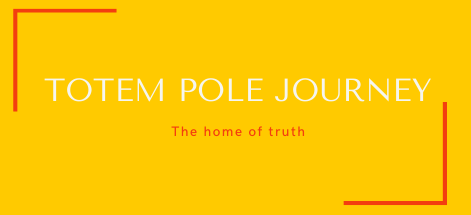The main feature of a reverse mortgage is access to the equity that your home has without having to leave your home or pay a mortgage on the money received.
Primarily if you are interested in what are the features of a reverse mortgage are, you should know these facts about a reverse mortgage that apply regardless of which mortgage lender you finally get your reverse mortgage from reliable lender such as Fairway Fast Mortgage in Fort Collins Colorado. Keep in mind that to qualify for a reverse mortgage, the home you are living in has to be in your name and not in the name of a relative.

Who owns your home with a reverse mortgage?
With a reverse mortgage, your home is still owned by you and does not belong to the institution from which you got your reverse arranged. That is the most important feature of a reverse mortgage.
Do you make mortgage payments with a reverse mortgage?
For as long as you actually live in your home, your mortgage payments have been satisfied, that means no more mortgage payments need to be made by you to stay in your home. If you want, you can still sell or even refinance your home and all without paying a penalty. None of the money that you receive from your reverse mortgage lender is taxable. There are no restrictions on what you choose to use your money on; it’s your money to do with as you want. These features of a reverse mortgage are attracting many seniors who would like to spend their retirement with a cash flow from their home.

How can you find out if you qualify for a reverse mortgage?
To find out if you qualify for a reverse mortgage, simply call your local bank and speak to one of the customer assistant managers or fill out an application online at any reverse mortgage Internet website. For more information about what some of the features of a reverse mortgage are before making a decision, the National Reverse Mortgage Lenders Association or the NRMLA can be accessed online. To get a list of approved reverse mortgage lenders contract the FHA or the Federal Housing Administration and HUD or the United States Department of Housing and Urban Development.
